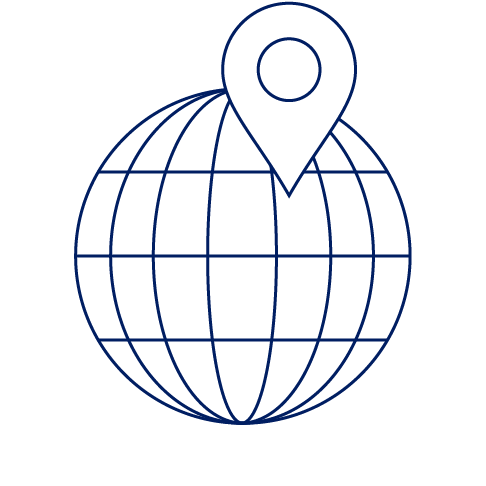WhatsApp group interventions to improve nutrition
Testing scalable interventions to improve the nutrition of women in developing countries

Despite efforts to curb lifestyle related diseases and enable women in developing countries to gain knowledge on how to improve their health and wellbeing, there is an urgent need for better solutions. This study will design and test scalable interventions to improve both the nourishment and the nutritional-related knowledge of women in developing countries. The research will then examine how the interventions can improve the uptake of a healthier and carbon-reducing grain alternative, specifically millet.
SOUTHERN ASIA
India





